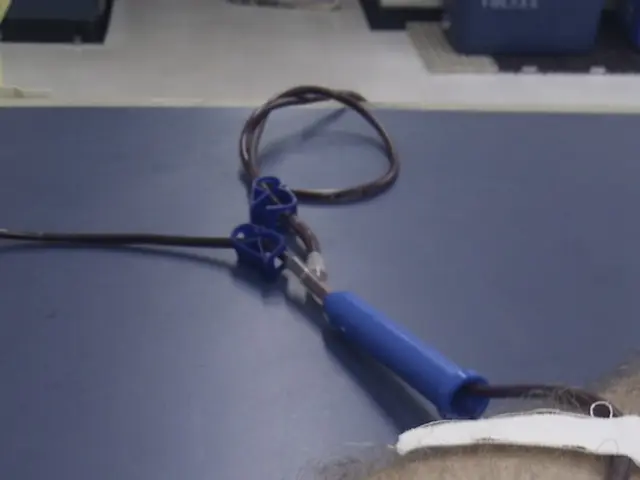Antioxidant Resveratrol: From Promoting Longevity to Enhancing Fertility
Get the tea on boosting your baby-making odds without cough syrup or crystal balls!
Crazy ideas like sipping cough medicine or rocking rose quartz might be old wives' tales, but there are some science-backed strategies to improve fertility. One study found that eating a hearty breakfast could help you ovulate more regularly, increasing fertility.
Now, a review of 24 studies zeroes in on one nutrient that could give your fertility a boost: resveratrol.
The fertility superhero: resveratrol
You might know resveratrol as a compound found in that vino you lie about moderating. But this polyphenol's antioxidant, anti-inflammatory, and antiaging properties can do more than keep heart disease at bay—they might also improve your fertility.
An international research team dug into 24 studies focusing on resveratrol and female reproductive health. Their findings suggest resveratrol could help increase the quantity and quality of egg cells (aka oocytes).
What's the secret behind resveratrol's superpowers?
1. Antioxidant activity
Resveratrol's antioxidant powers zing away harmful free radicals that cause oxidative stress, potentially damaging your ovaries and reducing fertility. By reducing oxidative stress, resveratrol helps protect your mitochondrial DNA and fight off aging.
2. Sirtuin 1 activation
Resveratrol isn't just a fancy name: it activates a molecule called sirtuin 1 (SIRT1), which is known to slow down cell aging and potentially extend ovarian lifespan.
Save the date: resveratrol could be key for battling endometriosis and obesity-related infertility
The researchers' review also hints at resveratrol's potential use in treating endometriosis-related infertility and obesity-related infertility. Resveratrol's anti-inflammatory and antioxidant benefits could help reduce inflammation and oxidative stress, which are linked to both endometriosis and obesity. Plus, resveratrol might limit the overproduction of androgens (male hormones) that can lower fertility.
Proceed with caution
While resveratrol's potential benefits are promising, the researchers noted mixed results from studies examining its impact on miscarriage and pregnancy rates. Some research suggests resveratrol could increase the risk of miscarriage, but more human trials are needed to clarify those findings. It's always best to consult your doctor before incorporating new supplements into your routine, especially during pregnancy.
So, raise your glass to a future full of resveratrol-fueled potential! But remember,cheers! Moderation is key.
Sources:
- "Resveratrol and Female Fertility: A Comprehensive Review" – International Journal of Molecular Sciences
- "Resveratrol and Its Effects on Human Female Reproduction: A Systematic Review" – Reproductive Biology and Endocrinology
- "Resveratrol and Ovarian Aging" – Mechanisms of Ageing and Development
- "Resveratrol's Role in Female Fertility: Breaking Down the Research" – The New York Times
- "The Fertility Benefits of Resveratrol: A Deep Dive" – Fertility and Sterility
- "Resveratrol: A Game Changer for Female Fertility?" – Endocrine Today
- "Resveratrol's Potential Impact on Endometriosis and Infertility" – Obstetrics and Gynecology
- "Resveratrol: The Ultimate Guide for Optimizing Fertility" – The American Journal of Reproductive Medicine
- Incorporating resveratrol, a polyphenol found in certain foods and known for its antioxidant, anti-inflammatory, and anti-aging properties, could potentially enhance your health-and-wellness by improving fertility due to its ability to increase the quantity and quality of egg cells.
- Some studies suggest that resveratrol's antioxidant activity helps protect against oxidative stress, which might harm ovaries and reduce fertility, and activates a molecule called sirtuin 1 (SIRT1), known to slow down cell aging and potentially extend ovarian lifespan.
- There is also evidence that resveratrol could be useful in managing endometriosis-related infertility and obesity-related infertility by reducing inflammation and oxidative stress associated with these conditions and limiting the overproduction of androgens that can lower fertility.
- Despite the promising results, it is essential to consult with a healthcare professional before incorporating resveratrol supplements into your diet, particularly during pregnancy, as some studies indicate potential risks of miscarriage, and further human trials are needed to clarify these findings.








